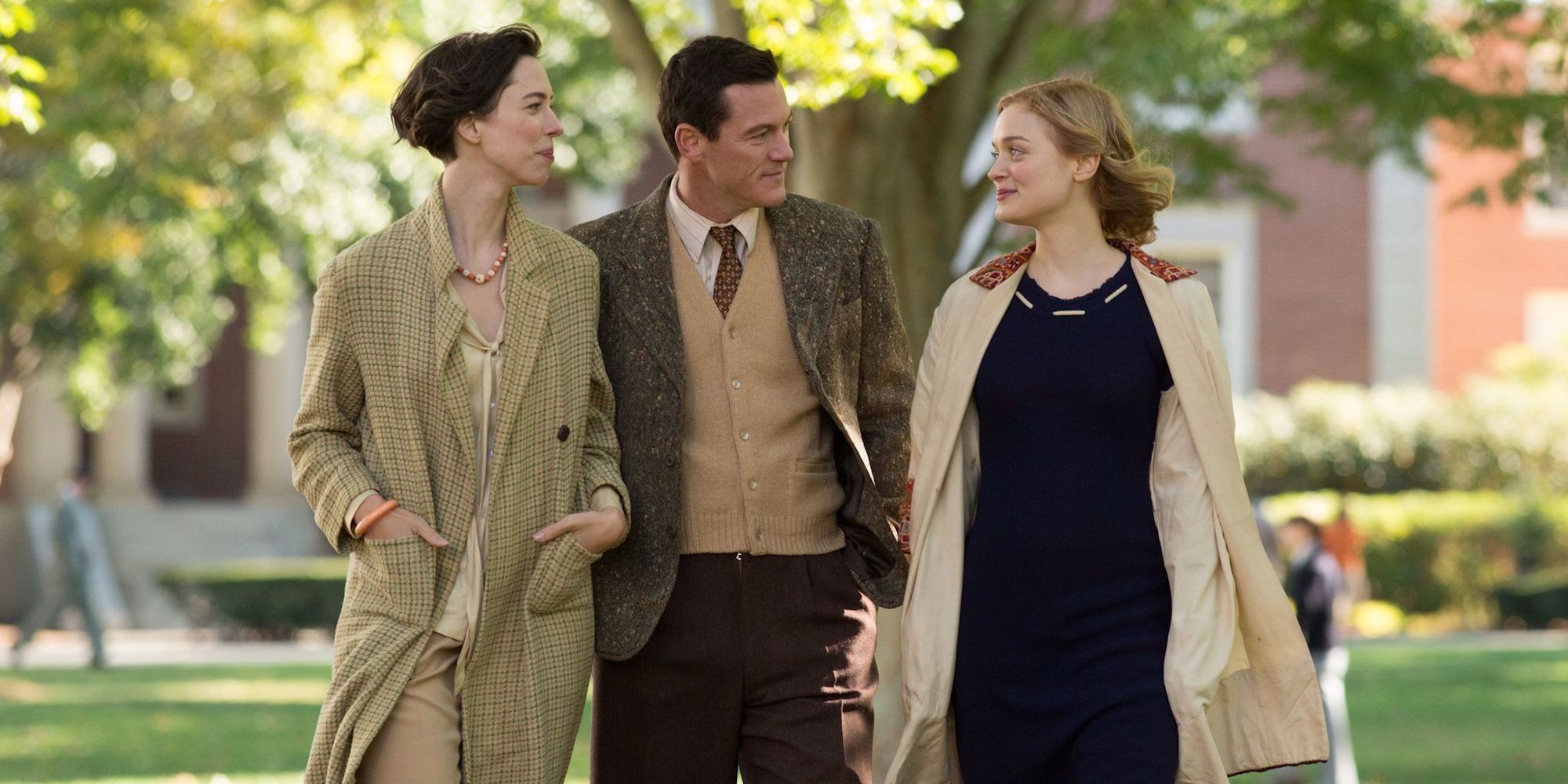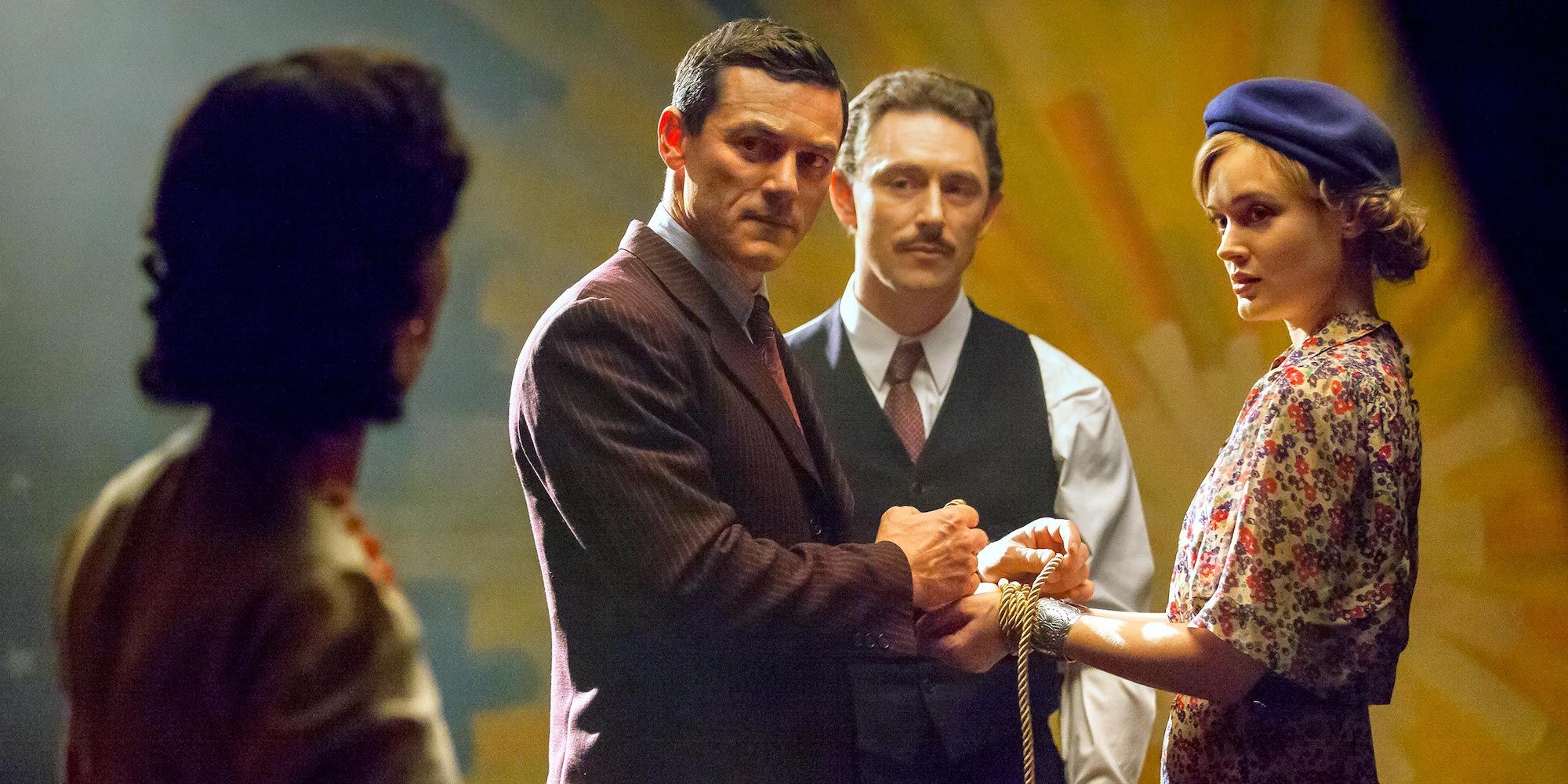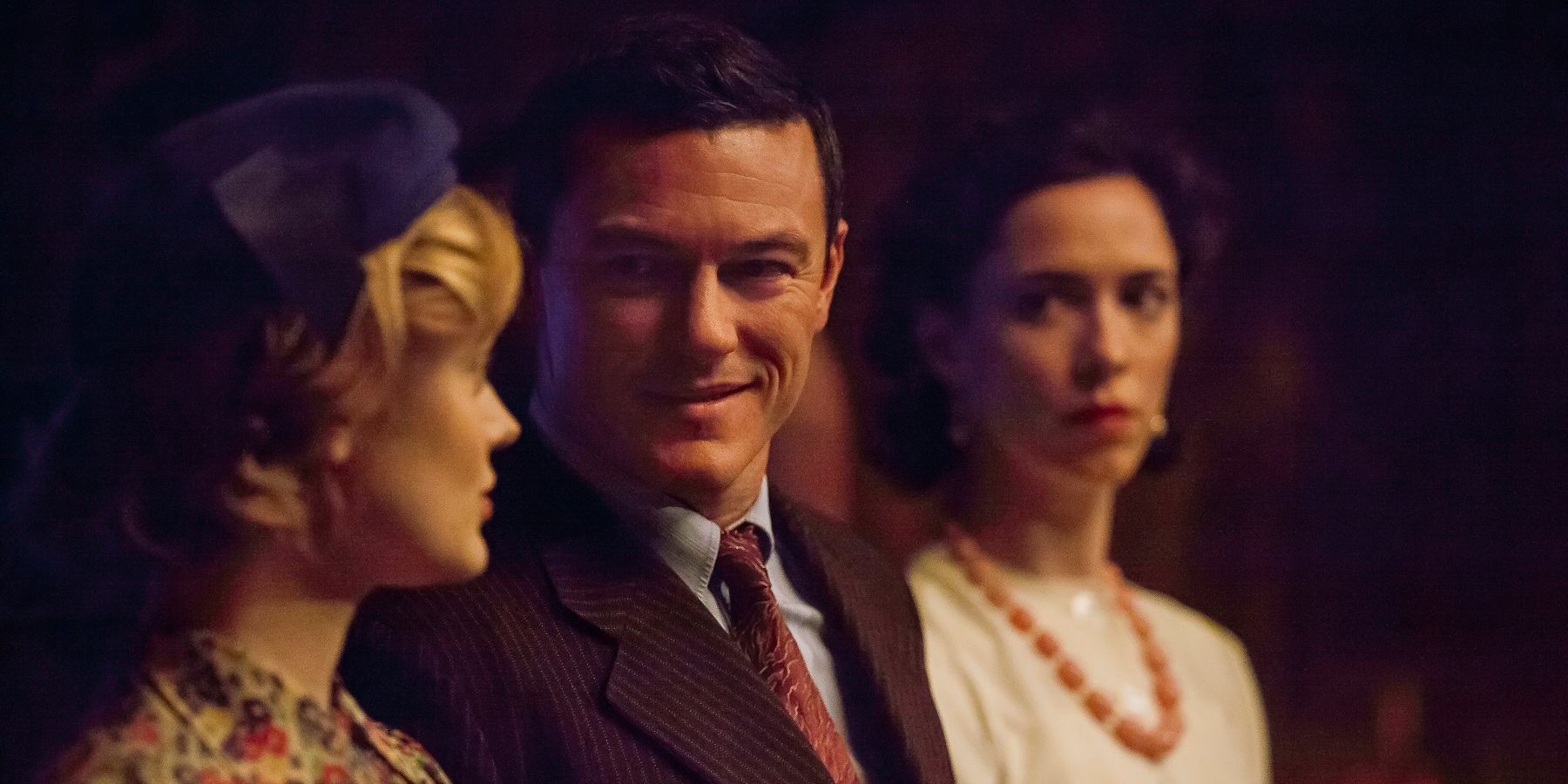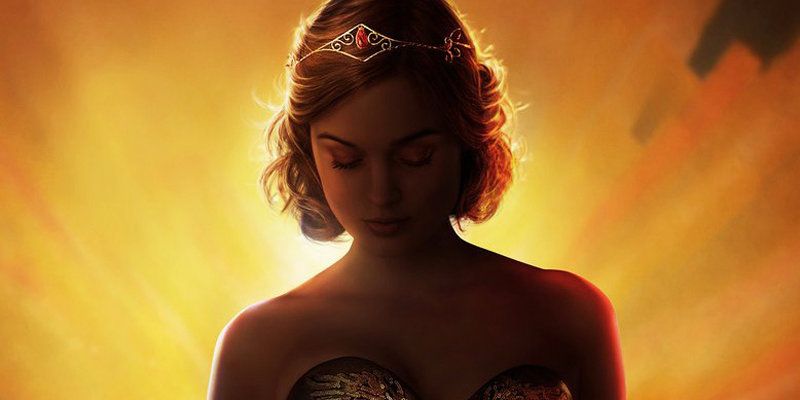For the first 75 years following her creation in 1941, there wasn’t a single standalone feature film about Wonder Woman. In 2017, there are two, both depicting, in different senses of the word, Wonder Woman’s origin story.
You know, of course, about the DCEU Wonder Woman film released this summer, from director Patty Jenkins and starring Gal Gadot. That’s the one that earned over $400 million at the domestic box office while inspiring a lot of love, a lot of controversy, and what’s certain to be a whole lot of Halloween costumes later this month.
Chances are that fewer people will see this year’s other movie about Wonder Woman, Professor Marston and the Wonder Women. But the film, written and directed by Angela Robinson, has garnered a positive reception, first at film festivals and now from critics, who have granted it a 91% positive Rotten Tomatoes score based on the first 65 reviews. That's just one tick behind the 92% earned by the DCEU version (Read Molly Freeman's review of Professor Marston and the Wonder Women here.)
Ever since the production was announced last year, it's been clear that the creators of Professor Marston are certainly banking on the connection; its marketing refers to 2017 as “the year of Wonder Woman,” even though it comes from Annapurna Pictures and has nothing to do with Warner Brothers or the DCEU.
So what can you expect to see in Professor Marston? Does the movie appeal to fans of the Wonder Woman film? And what does the new movie actually teach us about how Wonder Woman came to be?
Who Was Professor Marston?
Professor Marston and the Wonder Women tells the story, beginning in the 1930s, of Dr. William Moulton Marston, an academic who taught psychology at a variety of universities, including Radcliffe College, which at the time was an all-female subsidiary school to Harvard University. Marston pioneered a psychological theorem known as “DISC theory,” which concerned Dominance, Inducement, Submission and Compliance, and also invented a machine similar to the modern polygraph - or lie detector - test. Although, as pointed out in the film, he never bothered to patent the machine.
As the film begins, Marston (Luke Evans, from this year's Beauty and the Beast) is teaching at Radcliffe, alongside his feisty wife Elizabeth (Rebecca Hall.) The two meet an undergraduate named Olive Byrne (Bella Heathcote), and the three of them start to develop a tentative but intense connection.
Once their secret is exposed, the three of them are tossed from the college, and end up living together in a polyamorous relationship, one which produces several children. Unable to return to his previous academic work, Marston turns to another calling: comic book authorship.
Beginnings of Wonder Woman
Marston was an outspoken feminist, and not only by the standards of American men in the early-to-mid 20th century; he had been an admirer of Planned Parenthood founder Margaret Sanger, who happened to be Olive Byrne’s aunt. The professor, who had praised the educational potential of comic books years earlier, was hired by the company that served as the forerunner of DC Comics.
Under the pseudonym Charles Moulton, Marston created Wonder Woman in 1941. The character, as the film reiterates, had several inspirations: The influence of the two women in Marston’s life, as well as Marston’s academic philosophies, while the film implies that the look of Wonder Woman was inspired by Olive in a certain outfit. And the interest of Marston, Elizabeth and Olivia in bondage also played a part in the development of both Wonder Woman’s costume and her iconic Lasso of Truth.
The Wonder Woman character, first called “Suprema, the Wonder Woman,” became an instant sensation, with the first standalone Wonder Woman comic appearing in 1942. Marston wrote the books while Harry Peter was the primary illustrator, although the roles of Peter (played by Tom Kemp) and other illustrators in the early days of Wonder Woman are somewhat downplayed in the movie.
During the initial years of the Wonder Woman phenomenon, which coincided with U.S entry into World War II, Marston and his collaborators were never shy about including the risqué, whether it was the skimpy costume or the constant bevy of ropes. This often drew cultural blowback, as Marston is shown throughout the film tangling, quite contentiously, with a representative of a conservative Catholic pressure group (Connie Britton.)
An on-screen title later reveals that while the sexiness and the whips were phased out over the years, along with her superpowers, Wonder Woman spent much of the midcentury not being especially associated with feminism. That changed in 1972, when Gloria Steinem put Wonder Woman on the cover of the first-ever issue of her feminist periodical Ms. Magazine. The character’s superpowers were brought back the following year, leading the way to the 2016 naming of Wonder Woman as a UN Honorary Ambassador for the Empowerment of Women and Girls, and the seemingly endless debates about feminism that grew out of the 2017 movie.
Who knew?
The story of William Moulton Marston, his wife and lover, and the role they played in the creation of Wonder Woman, has never exactly been a big secret, although it’s certainly gained more interest over time as comic books and superheroes have become a bigger and bigger part of popular culture. The story even received a customized comic book cover at New York Comic-Con last week, and later a comic-styled trailer.
Where They Ended Up
Marston wouldn’t come close to seeing Wonder Woman’s lasting influence; he died in 1947, at age 53, just six years after creating Wonder Woman. Elizabeth and Olive remained together for the rest of their lives, with Olive passing away in 1985 and Elizabeth outliving the rest of them, passing away at age 100 in 1993.
We'll never know what Marston thought of the movie of his life or, for that matter, whether he believed the Gal Gadot movie was faithful to his original vision. It is known, however, that the cast of the Professor Marston movie saw and enjoyed the DCEU film.
Professor Marston and the Wonder Women is in theaters now.




